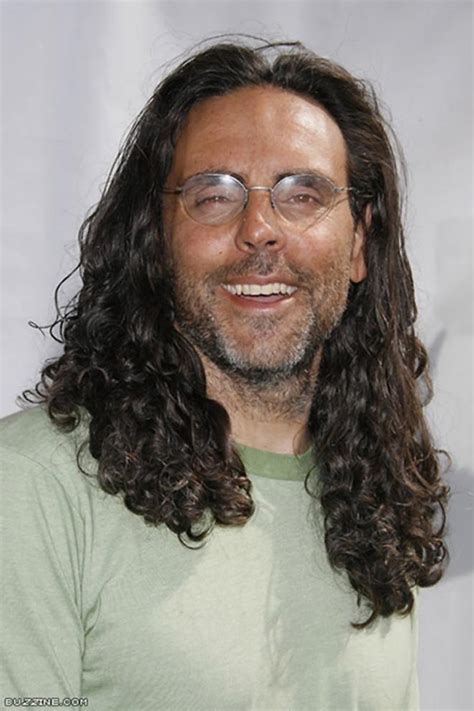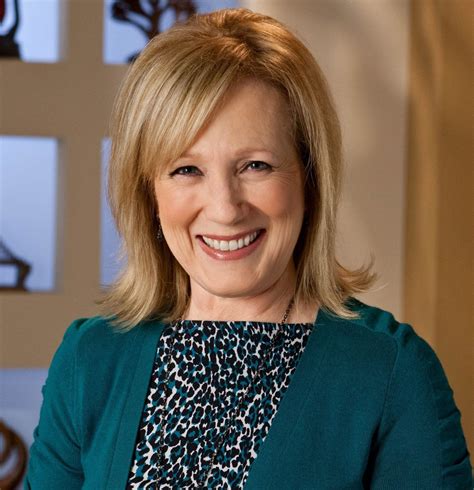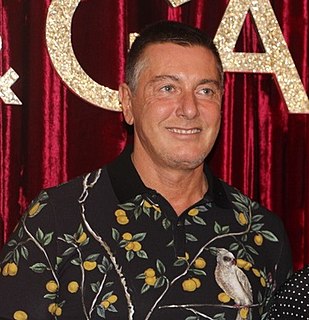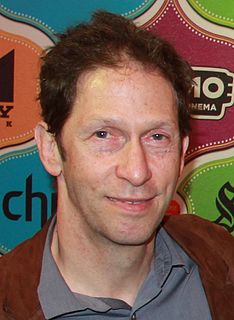A Quote by Tom Shadyac
The bike accident caused me to start talking about spiritual truths. This accident - where I faced my own death - compelled me to talk about these truths and try to make a movie about them.
Related Quotes
Being aware of truths about what is good or right or about what we ought to do is not the same as deciding what to do. Nor can the former truths be derived from decisions about what to do, or about procedures for making such decisions, unless these procedures themselves rest in some way on the apprehension of truths about what we ought to do.
Our decisions need not be seen as resting on procedures that are merely instrumental in making judgments that are reliably truth-tracking. The procedures might be more directly related than that to truths about what is right or good, or about what we ought to do, or to principles that tell us what is true about these matters. And I have no metaphysical theory about the truth-conditions of such truths, except to say that as objective truths, they must be independent of the attitudes, decisions or actions that they are supposed to justify or for which they are to offer reasons.
I think we, especially in American culture, are so afraid to talk about death. And I'm not talking about literal death. I'm talking about shedding skin. I'm talking about rebirth, ultimately, and how we continue to change as human beings and continue to grow. There's that great Henry Miller quote, "All growth is a leap in the dark."
I never talked about homosexuality with my family. After I was 18, they know everything, but I never talk; it was like an information but in silence. I start to talk when I was 32, it was good for me - it was like a liberation. I'm talking about a love story. I'm not talking about sex because love is love.
Both in verse and in prose [Karl] Shapiro loves, partly out of indignation and partly out of sheer mischievousness, to tell the naked truths or half-truths or quarter-truths that will make anybody's hair stand on end; he is always crying: "But he hasn't any clothes on!" about an emperor who is half the time surprisingly well-dressed.

































